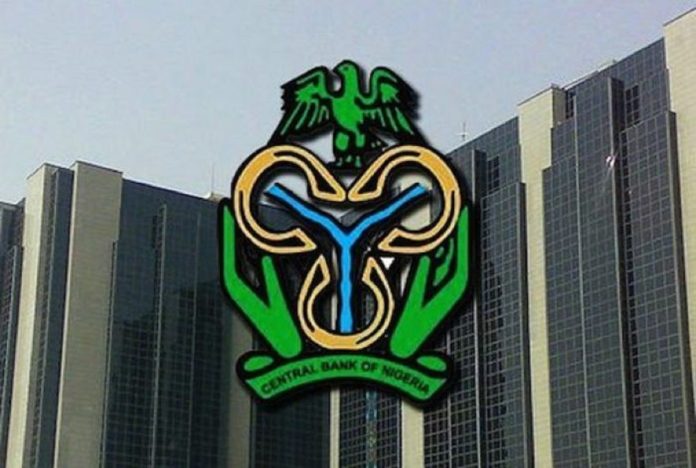The Central Bank of Nigeria (CBN) has kicked against any plan to place the country under another lockdown due to the COVID-19 second wave.
CBN governor, Mr Godwin Emefiele, made this known on Tuesday, saying that such a move will wreck the economy and people’s livelihood.
He, however, pledged that the apex bank would extend the five per cent interest rate on loan repayment by one year to March 31, 2022.
At a briefing at the end of the Monetary Policy Committee (MPC) meeting in Abuja, Emefiele noted that members agreed to retain the Monetary Policy Rates (MPR) at 11.5 per cent, the asymmetric corridor, at +100/-700 basis points around the MPR, CRR at 27.5 per cent and retain the Liquidity Ratio at 30 per cent.
The apex bank had in February 2020 agreed to reduce the interest rate on all its intervention funds from nine per cent to five per cent for a period of one year with effect from March 1, 2020.
But when asked of the possibility of another extension considering the rampaging pestilence, he responded on the affirmative, especially as the second wave of the virus has affected the economy.
Emefiele said: “On interest rate of 5 per cent concession in march, we would extend by 12 months again the interest rate of five percent on the CBN intervention fund. This is the CBN’s contribution to the economy and any action that would support the growth of the economy is what we will do.”
The MPC also urged the banks to boost lending to aid recovery.
Emefiele warned exporters not to leave their dollars overseas but repatriate it back home for others to lend from it.
“It is not everytime that people will be pestering the CBN for dollars. If you’re an exporter, repatriate your dollars. Don’t leave it overseas,” he said. The MPC said it was faced with the dilemma of stagflation, inflationary pressure and to continue reversing price stability.
Emefiele noted that with price stability as it’s major mandate, the bank would focus on reducing inflation rates which have continued on its upward trajectory. According to him, the inflation cannot be put at the feet of monetary authorities.
The consumer price index, (CPI) increased by 15.75 per cent (year-on-year) in December 2020. This was largely driven by food prices with food inflation rising to 19.56 per cent, caused by increases in prices of bread and cereals, potatoes, yam and other tubers, meat, fruits, vegetable, fish and oils and fats.
Emefiele revealed that a total sum of N33 billion have so far been spent to support the economy which has been badly hit by impact of the global COVID-19 pandemic.
Culled from SUN













